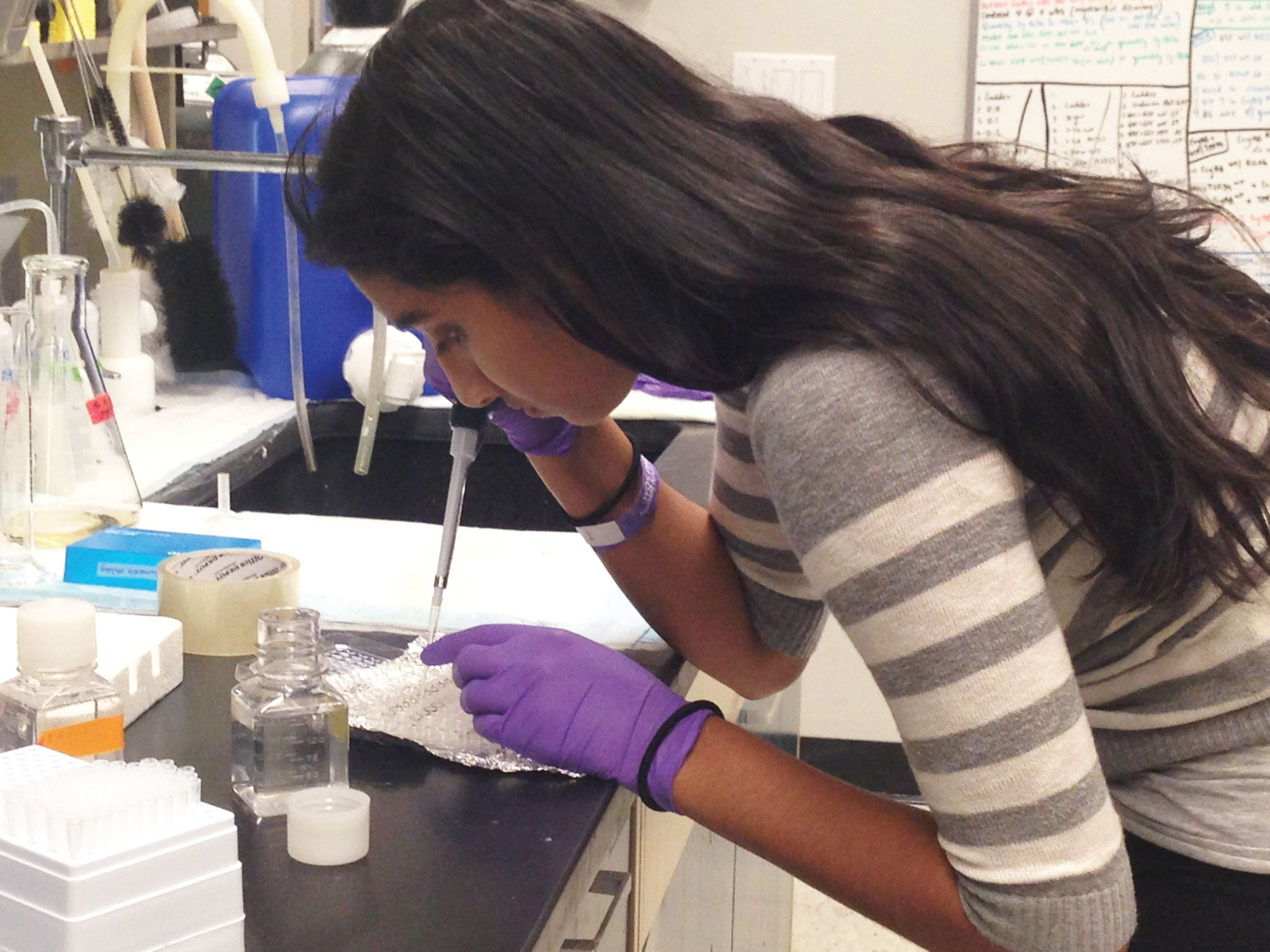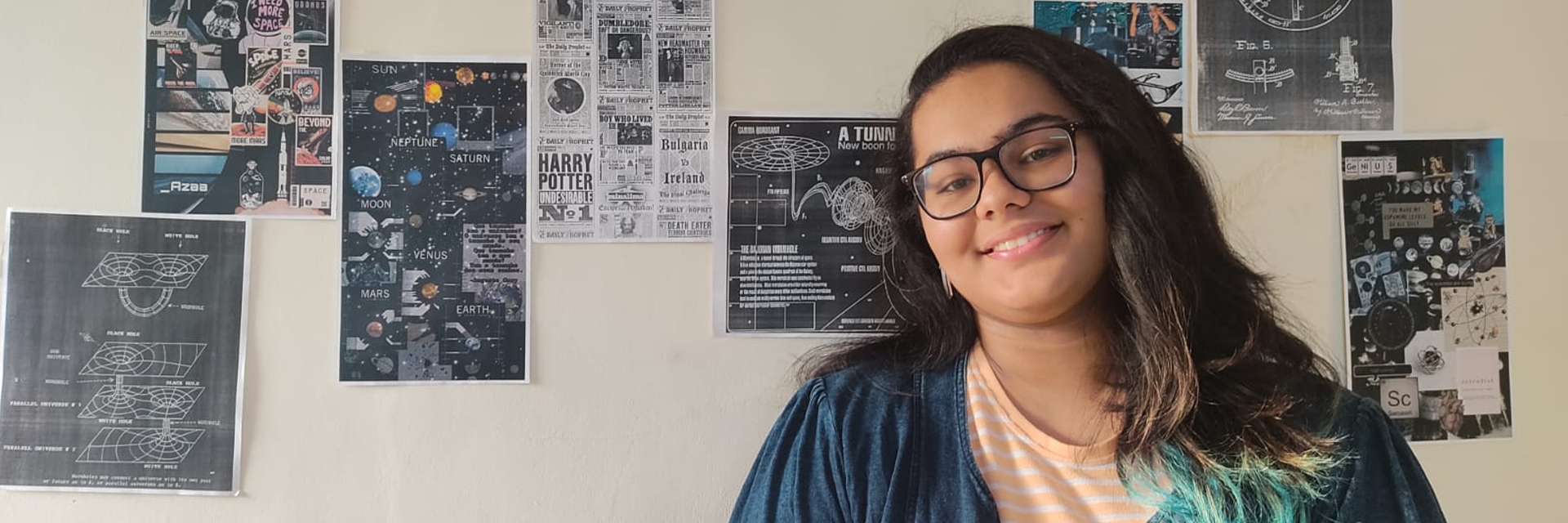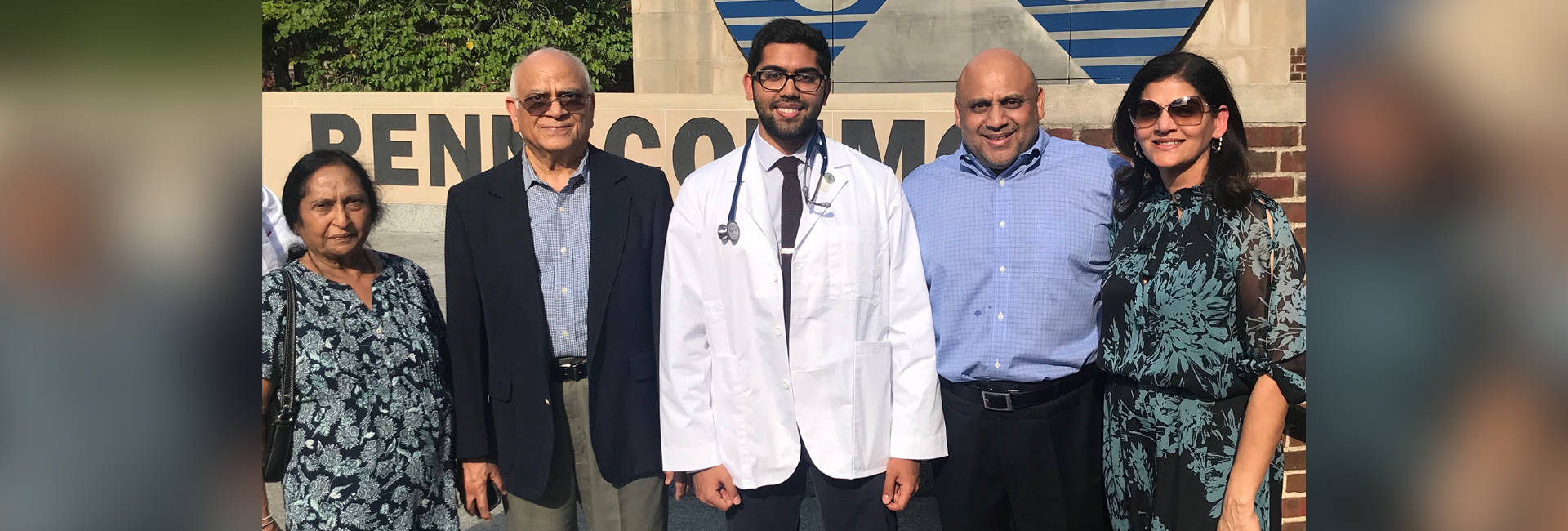(August 20, 2022) As a young kid, she loved skating and was even gearing up to be a part of the US national skating team. However, at the age of 13, life came to a standstill for Marissa Sumathipala, after she fell during a practice session and hit her head hard on the ice, and suffered a major concussion. The girl, who dreamt of representing the US at the Olympics, was removed from the state team, ending her skating career. For years, Marissa dealt with hazy memories, random nausea, and fatigue. While many around her felt that this was the end of a bright career for this teenager, the incident gave the young neuroscientist a new purpose in life – understanding the workings of the human brain.

Neuroscientist Marissa Sumanthipala
“I began to realize that there was so much that we didn’t know about the brain,” Merissa said during an interview with The Harvard Gazette, adding, “And that gap in what we understood about the brain had such devastating impacts on patients like myself, but also all the people that I saw in the waiting rooms and support groups that I went to during this experience.”
The neuroscientist joined Johns Hopkins School of Medicine at 14 to perform basic research, and is currently pursuing both a master’s and a Ph.D. in clinical neurosciences at Harvard Medical School. Intending to establish her lab someday, the teenager created Theraplexus, a computational platform that uses network science analytics and artificial intelligence to map molecular interactions and provide better drugs for chronic diseases like cancer, Alzheimer’s, diabetes, and heart disease. In 2018, the now 20-year-old received the US Presidential Scholars for her contribution to the world of medicine.
Mind matters
A bright child, Merissa’s parents – Indian immigrants who settled in Virginia – always encouraged her to take part in various academic and extracurricular activities. Although she wished to have a successful skating career, she was always fascinated by biological sciences. Interestingly, Merissa did a paper on whether pesticides caused multigenerational effects in human beings when she was just 12 years old. “I have long nurtured a vision of being a medical scientist, leveraging core engineering principles to solve contemporary biological and medical problems,” the Global Indian informed during a press interaction.
Two-time winner of the Virginia State Science and Engineering Fair Grand Prize, Merissa did not lose hope after her skating accident. While she was sad that she will no longer be in the ring, the fact that there are only a few treatments for brain injuries kept her up at night often. Frustrated by the lack of brain treatment options, the young neuroscientist decided to work on neurological disease pathways. She joined the Janelia Research Institute while she was still in high school, and since then has worked in about five different labs.


Marissa at the Johns Hopkins School of Medicine
At 17, Merissa was named one of the 40 finalists for the Regeneron Science Talent Search (STS) Award for her project, Reinventing Cardiovascular Disease Therapy: A Novel Dual Therapeutic with FOXO Transcription Factor and AMP Kinase. In her project, the young scientist used a fruit fly model with proteins FOXO and AMPK to investigate the underlying, molecular causes leading to cardiovascular disease, and received the prize money of $25,000. “To be a part of this group is an unparalleled honour, one that has not quite sunk in just yet. I am exceptionally grateful to the Society for Science and the Public for their steadfast mission to promote STEM for almost a century, and to Regeneron for their vision of investing in the next generation of scientists and change makers,” the neuroscientist said after winning the competition, which is also known as Junior Nobel Prize.
Road ahead
Currently working at the McCarroll Lab in Harvard Medical School, Marissa is helping to develop a new method for sequencing synapses in the human brain. These synapses are crucial for memory and learning and result in maladies like Huntington’s disease. Her research could someday shed light on the importance of synapses in brain development in humans.
Marissa’s platform Theraplexus has already identified 200+ disease-specific drug targets for debilitating diseases like Alzheimer’s, breast cancer, schizophrenia, and diabetes. In first-of-its-kind research, the organisation found more effective therapies within patients’ lifetimes and potentially cut drug development costs drastically. The youngster is now looking at partnering with Harvard Medical School’s Sharma Lab, to develop and transform Theraplexus into a biotechnology startup. “I spent a long time grappling with my identity. Growing up I was just a skater and then, when I got concussed, I had to rebuild my identity. Then I was a scientist. Now, I identify as being both a skater and a scientist,” Marissa told The Harvard Gazette.
- Follow Marissa Sumanthipala on Twitter




